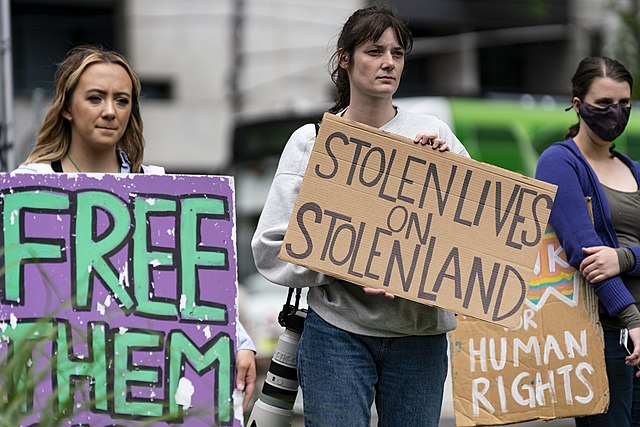Refugees on Temporary Protection Visas (TPV) or Safe Haven Enterprise Visas (SHEV) will be able to apply for permanent visas from Monday. The Labor government promised to abolish these visas at the last election, and finally made the announcement on Sunday night.
Human rights groups have described the TPV and SHEV visas as cruel, and Immigration Minister Andrew Giles said it made no sense to keep those who work and pay taxes “in limbo.”
“TPV and SHEV holders work, pay taxes, start businesses, employ Australians and build lives in our communities — often in rural and regional areas,” Giles said.
“Without permanent visas however, they’ve been unable to get a loan to buy a house, build their businesses or pursue further education… It makes no sense — economically or socially — to keep them in limbo.”
Those granted permanent visas will be able to become Australian citizens, and will have access to social security payments, NDIS, and higher education assistance. They will also be able to sponsor family members to come to Australia.
However, this change only applies to refugees who arrived in Australia before the start of Operation Sovereign Borders in 2013, or those who hold or applied for a TPV or SHEV before the 14th of February 2023.
Some 2,500 people who have had their temporary visas refused or cancelled won’t be able to apply, and will be asked to “depart Australia voluntarily.”
Home Affairs Minister Clare O’Neil said the Labor government are still committed to Operation Sovereign Borders, and that anyone attempting to arrive in Australia without a visa would be denied asylum.
“Let me be crystal clear — if you try to enter Australia without a valid visa, you will be turned back or returned to your port of origin,” O’Neil said.
Amnesty International Australia campaigner, Zaki Haidari, said that while the organisation was pleased to hear the announcement, they were very disappointed to see so many refugees still “left out” of the decision.
“As a human rights organisation, Amnesty is relieved to see the happiness this brings after so many years for the more than 19,000 refugees for whom this announcement applies,” Mr Haidari said.
“At the same time, it pains us to see other refugees, in the so-called transitory caseload, left out of this decision and denied permanent visas.”






